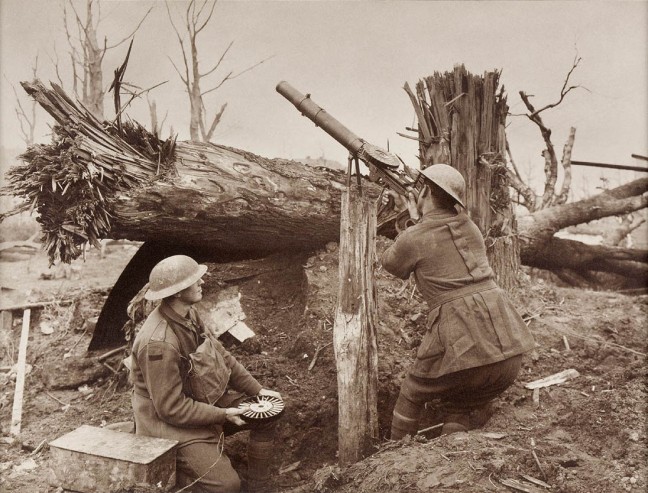
Yesterday marked the anniversary of the assassination in 1914 of Archduke Franz Ferdinand and his wife Sophia, the duchess of Hohenburg, by a Serbian nationalist named Gavrilo Princip. It is common to state that the murder of the two Austro-Hungarian nobles precipitated World War I — better known as The Great War outside of the United States.
There’s no denying the effect of the murders. Austria-Hungary and its ally Imperial Germany rallied to the cause of war and one month later Austria-Hungary declared war on Serbia. The declaration drew Germany, Russia, France, Belgium, Montenegro and Great Britain shortly after. The worst war in human history up to that time was underway. Eventually, more than 9 million soldiers and 8 million civilians would die in the war. Millions more were maimed and wounded by killing that occurred on an industrial scale. Empires were wiped from the map, new nations emerged, and the world was reshaped by more upheaval than anything that had occurred since the fall of Rome.
One hundred years later, historians are taking a new look at the war. At one time, it was common to say the war was solely about stalemate and death in the trenches. Now, historians are exploring how the war set the stage for World War II — characters such as Hitler, Mussolini, Goering, Eisenhower, Truman, Rommel, and Patton all received their baptism of fire during The Great War — and how the war introduced technological innovation with the first air war, the idea of paratroopers, and the submachine gun. The geopolitical world we live in today was born in the aftermath of The Great War — recall the birth of a nation state named Iraq and the peace efforts of the 1920s that ignored the growth of fascism. Most importantly, it boosted the United States to a position of preeminence as a global power. After World War I, for better or worse the international order could not operate without the United States as part of the calculus.
In the United States, it was billed as the “war to end all wars.” As Steven Erlanger points out in The New York Times, hardly: the 20th Century is the most violent century in human history. But as the 21st Century stumbles along, I wonder if we are not in an age similar to the condition of the world before The Great War. History doesn’t repeat itself, but it echoes. Some of those echoes — resurgent nationalism, xenophobia, militarism, economic turmoil, and tin-eared elites deaf to the concerns of ordinary individuals on the ragged end of globalism — could presage similar events. I’m a pessimist. I think a war between the United States and the People’s Republic of China or the Russian Federation (or an alliance of both) is inevitable. I hope I am wrong. But World War I/The Great War gives us a mirror to hold up to the times. What happened 100 years ago shapes the contemporary world every day. War changes the world. Let’s hope that drastic change isn’t around the corner.
Reblogged this on Marcus Ampe's Space and commented:
In the past we have seen that any occasion may be taken to start a war, be it an assassination or some dispute about grounds (territory), or just greed to have more power over a wider area.
Often people are thinking they are involved in a defensive struggle for just aims or think they are doing good to go for their country, defending it or defending their goals.
Like for the Great War it was proven many years later that often it was not the one thought to be the beginner of the war (Germany in 1914) who really started the battle, though sometimes the victim became accused to be the agitator.
Germany’s and Austria-Hungary’s roles are deemphasised, and it is stressed that there were decision-makers in all the major capital cities who considered a general European war in August 1914 to be a risk worth taking. After 100 years of debate, every conceivable interpretation seems to have been advanced. In some of the most recent publications, even seeking to attribute responsibility, as had so confidently been done at Versailles, is now eschewed.
LikeLiked by 1 person
I appreciate history. It helps us to better understand how humans act today.
LikeLike